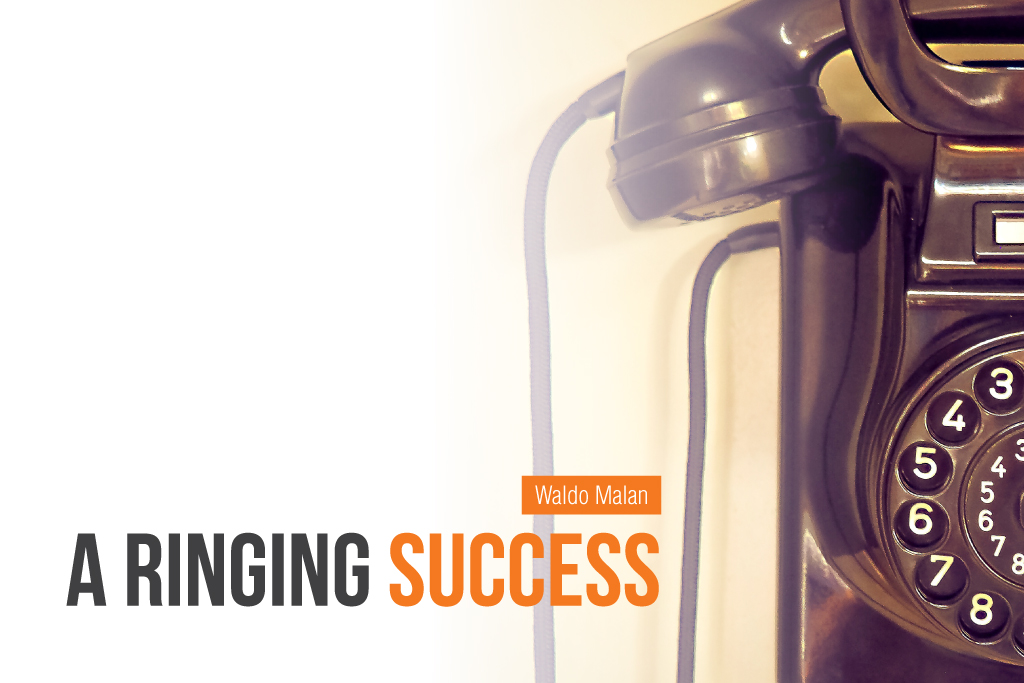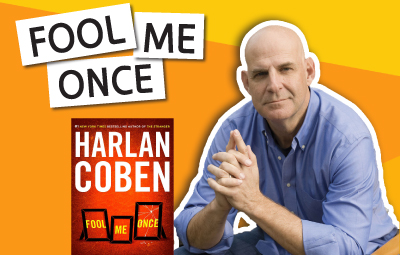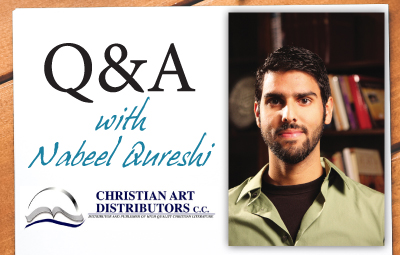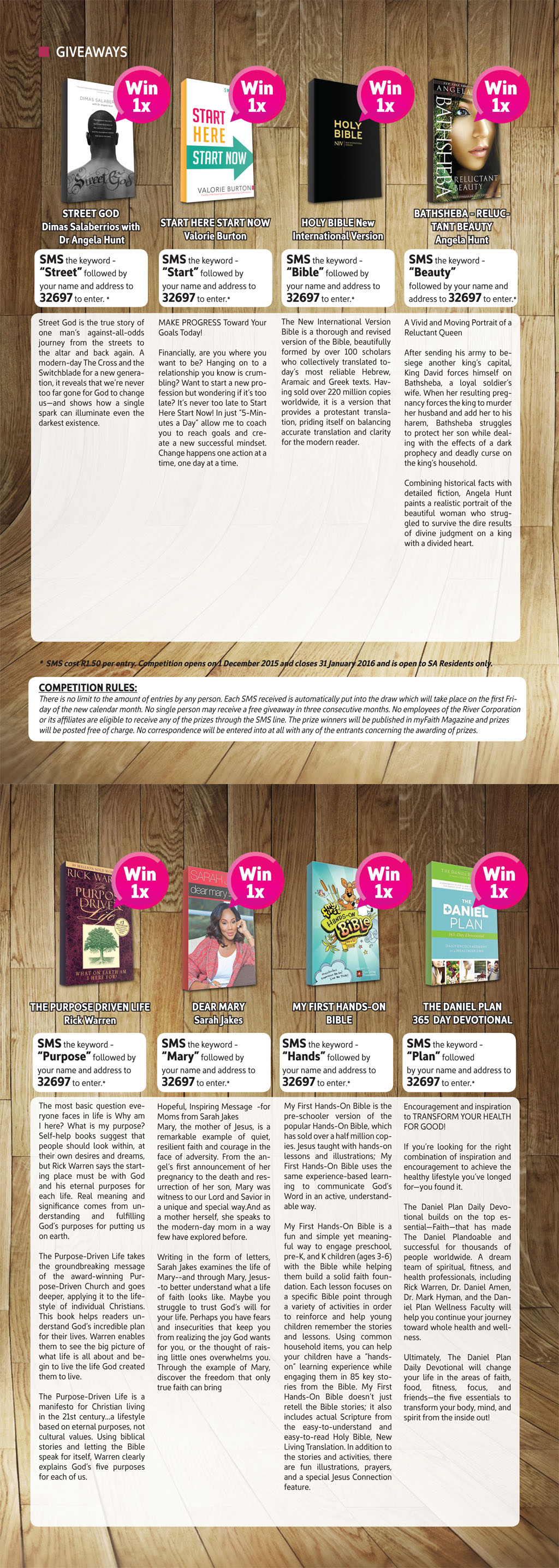
One of the greatest 19th Century inventions that still finds prime place in modern communications technology is the telephone. While telephonic communications have evolved in parts of the world from copper wire to satellite and fibre-optic variations, the principle of sound transmission remains as one of the foremost tools in global communications.
The inventor of the telephone is the famous Alexander Graham Bell, born on 3 March 1847 in Edinburgh, Scotland. Both his grandfather and father were authorities in elocution and speech correction, and Alexander was groomed to pursue the same career from a young age. His knowledge of the nature of sound saw him becoming a teacher to the deaf (the fact that both his mother and wife were deaf certainly played a role in choice of career), and also assisted him in the invention of the telephone. According to Elizabeth MacLeod, author of Alexander Graham Bell: An Inventive Life (Toronto: Kids Can Press, 1999), Alexander Bell considered his most famous invention an intrusion on his real work as a scientist and refused to have a telephone in his study! (Could modern day cell phone fanatics learn a lesson from this?)
In 1872 Bell became professor of Vocal Physiology and Elocution at the Boston University School of Oratory, where he was excited to also be in a city full of many scientists and inventors. He continued his research in sound, particularly to find a way to transmit musical notes and articulate speech. Although he was committed to his research he found it difficult to devote enough time to experimentation since his days and evenings were occupied by teaching and giving private classes. The only solution for Bell was to stay awake late into the night, running experiment after experiment; he was concerned that his work would be discovered and took great pains to lock up his notebooks and laboratory equipment.
When Bell began experimenting with electrical signals, the telegraph had been an established means of communication for nearly thirty years. Although a successful system, the telegraph (sending Morse code), was limited to receiving and sending one message at a time. Bell's experimentation was to find a way of transmitting multiple messages over the same wire at the same time, hence the name "harmonic telegraph" to describe his early experimentation.
By October 1874, Bell's research had progressed to the extent that he could inform his future father-in-law (Gardiner Greene Hubbard) about the possibility of a multiple telegraph. Seeing the potential Hubbard gave Bell the financial backing he needed. Bell continued with his work together with Thomas Watson, a young electrician whose services he had enlisted. While working on the ‘multiple telegraph’, Bell and Watson were simultaneously exploring the idea of developing a device that would transmit speech electrically.
In March 1875 Bell visited the famous scientist Joseph Henry (director of the Smithsonian Institution) to ask his advice on the electrical invention that Bell hoped would transmit the human voice by telegraph. Henry replied that Bell had "the germ of a great invention". When Bell said that he did not have the necessary knowledge, Henry replied, "Get it!" Spurred on by Henry's positive opinion, Bell and Watson continued their work.
Alexander Graham Bell's notebook entry of 10 March 1876 describes his successful experiment with the telephone. Speaking through the instrument to his assistant, Thomas A. Watson, in the next room, Bell utters these famous first words, "Mr Watson, come here, I want to see you."
Although Alexander Graham Bell is most often associated with the invention of the telephone, his interests were extremely varied. According to his biographer, Charlotte Gray, Bell's work ranged "unfettered across the scientific landscape" and he often went to bed voraciously reading the Encyclopaedia Britannica, scouring it for new areas of interest. His other patents included inventions for phonographs, the hydrofoil (and other aeronautical inventions), a metal detector and selenium cells.
The life of Alexander Bell is a testimony to the power of the human mind and the potential that is locked up on the inside of each human being. The only requirement is a thirst for knowledge and the quest to find the answers and solutions to our dreams and vision. King Solomon made this remark, "Sell everything and buy Wisdom! Forage for Understanding! Don't forget one word! Don't deviate an inch! Never walk away from Wisdom - she guards your life; love her - she keeps her eye on you. Above all and before all, do this: Get Wisdom! Write this at the top of your list: Get Understanding! Throw your arms around her - believe me, you won't regret it; never let her go - she'll make your life glorious. She'll garland your life with grace, she'll festoon your days with beauty." (Proverbs 4:5-9 The Message). Well, what are you waiting for? Don’t you have some experiments waiting?










































































